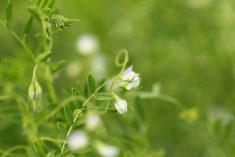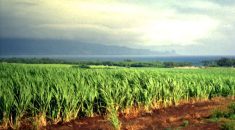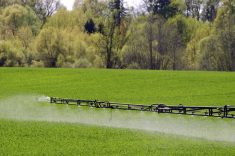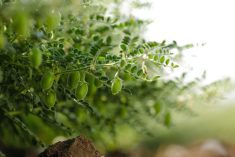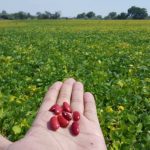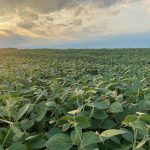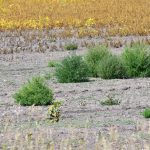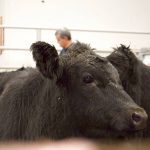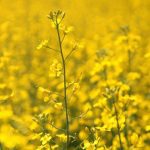Zurich | Reuters — Agricultural chemical maker Syngenta posted higher first-half profit and sales on Thursday, helped by maintaining supplies to farmers and controlling costs during the coronavirus outbreak, and said it was on track to complete its public listing by mid-2022.
The Swiss company, bought by state-owned ChemChina for $43 billion in 2017, posted a two per cent rise in sales to $12.04 billion for the six months ended June 30, while earnings before interest, tax, depreciation and amortization (EBITDA) increased seven per cent to $2.22 billion (all figures US$).
Read Also
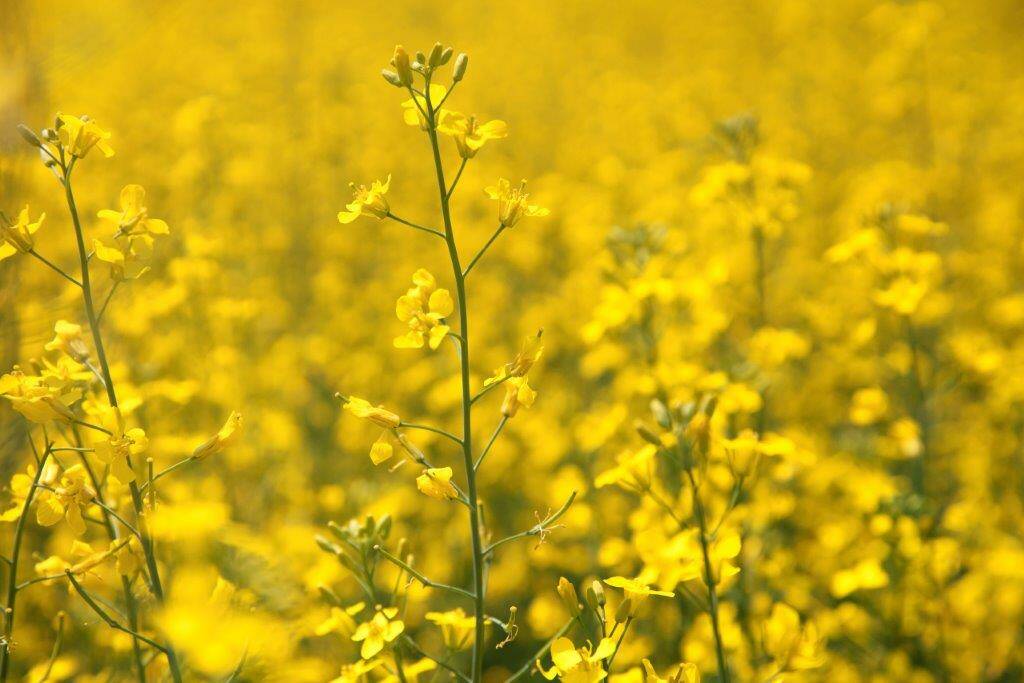
ICE canola weekly outlook: Rallying soyoil supportive
ICE Futures canola contracts were underpinned by a rally in Chicago soyoil during the week ended Feb. 18, but the Canadian oilseed ran into upside chart resistance that tempered gains.
Syngenta said it had overcome low grain prices, which reduced the ability of farmers to invest in fertilizers and pesticides, and disruptions caused by the COVID-19 pandemic by controlling costs and maintaining supplies.
CEO Erik Fyrwald said an IPO of Syngenta was still being planned.
“The commitment was within five years of when we closed the deal with ChemChina. That was in June of 2017. So mid-year of 2022 would be the five year mark,” Fyrwald told reporters.
“We believe we are on track to achieve that.”
ChemChina, which owns 100 per cent of Syngenta, wants to list the Basel company on China’s technology-focused STAR market, Reuters reported in December.
Syngenta Group, which was created from a merger of Syngenta, Israel’s ADAMA and the agricultural business of Sinochem, is now looking at ways to restructure the debts it took on following the ChemChina takeover.
“We have no specific actionable plan that we want to relate to. But the restructuring of the debt is also at the heart of the IPO,” chief financial officer Chen Lichtenstein said.
The company, which competes with Germany’s Bayer and BASF, said the rest of the year remained “challenging,” although crop prices could rise due to extreme weather events, Fyrwald said.
— Reporting for Reuters by Oliver Hirt, writing by John Revill.



